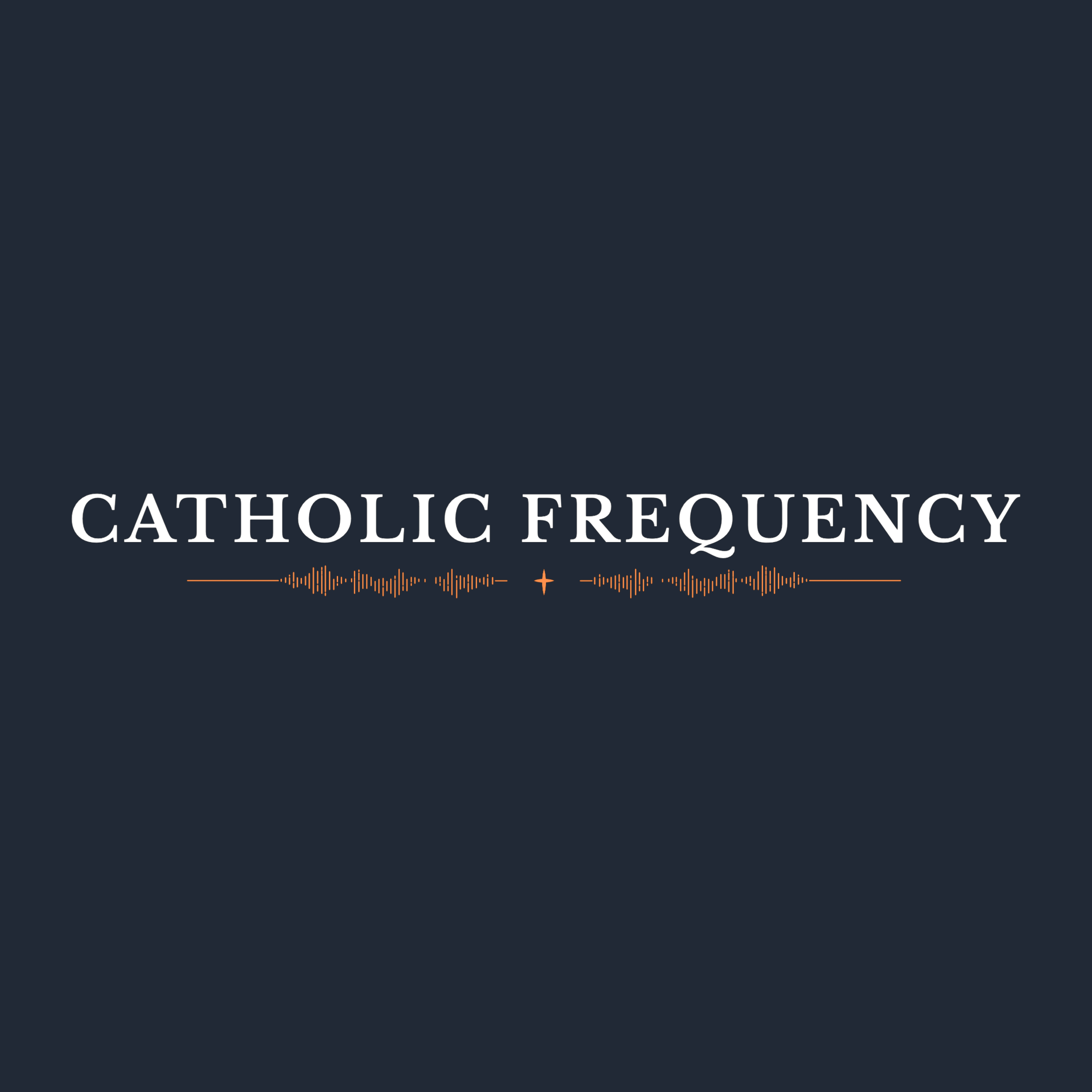Mary: New Ark of the Covenant
A discussion on the typological connections between the Old Testament Ark of the Covenant and Mary as the Ark of the New Testament, focusing on Luke 1.
Notes
- Catholic Frequency starts the conversation by highlighting a thread by Drago on the typological connections between the Old Testament Ark of the Covenant and Mary as the Ark of the New Testament, focusing on Luke 1 and notes it has received nearly 250,000 views.
- Drago shares his inspiration for writing the thread, mentioning his reading of the Ignatius Bible and noticing connections not previously highlighted in his Protestant background.. The thread's impact is noted, having been viewed by a quarter of a million people, far exceeding Drago's follower count.
- Pattern Recognition: The conversation delves into the concept of pattern recognition in scripture, comparing it to seeing shapes in clouds or recognizing similarities between fruits.
- Luke's Intent: Examination of Luke’s purpose in his Gospel, particularly in the infancy narratives, to establish Jesus's divinity through symbolic parallels to the Ark.
- Specific Scriptural References: Comparisons drawn between 2 Samuel 6 and Luke 1, noting similarities in actions like "arose and went" and the duration of three months.
- Awe and Reverence: Parallels in the awe and reverence shown by David towards the Ark and Elizabeth towards Mary, emphasizing their roles as carriers of God's presence.
- Leaping for Joy: The parallel between David dancing before the Ark and John the Baptist leaping in Elizabeth’s womb at Mary's greeting.
- Mary's Significance: Discussion on how Mary's role in bearing Jesus mirrors the Ark's role in bearing the presence of God.
- Liturgical Cry: The unique use of the word for "exclaimed" in the New Testament, linked to liturgical celebrations of the Ark in the Old Testament.
- Intent of Luke: Debate on whether these parallels are intentional by Luke or mere coincidence, suggesting Luke's biblical literacy made these connections purposeful.
- Early Church Fathers: Reference to early Christian interpretations affirming Mary as the new Ark, with quotes like from Saint Hippolytus.
- Reactions to the Thread: Observations on the varied reactions, including cognitive dissonance among some Protestants who found the parallels challenging.
- Mary's Role in Salvation: Exploration of Mary's role in the Incarnation and thus in salvation, addressing Protestant hesitations about human cooperation in divine plans.
- Human Cooperation with Grace: Discussion on the Catholic view of humans cooperating with God’s grace without diminishing God's glory.
- Conversion Narratives: Mention of famous converts like J.D. Vance, highlighting how such insights can lead to or support conversion to Catholicism.
- Cultural Context: Imperator brings up the Jewish roots of Christianity, emphasizing the importance of understanding these for a fuller Christian theology.
- Mary as Queen: The scriptural basis for Mary being the Queen of Heaven, drawing from the Old Testament tradition of the king's mother being queen.
- Conclusion and Invitation: The episode wraps up with reflections on Mary's relationship with Christ and an invitation to engage with Catholic practices like the Rosary through the "Rosary for Newbies" initiative.
